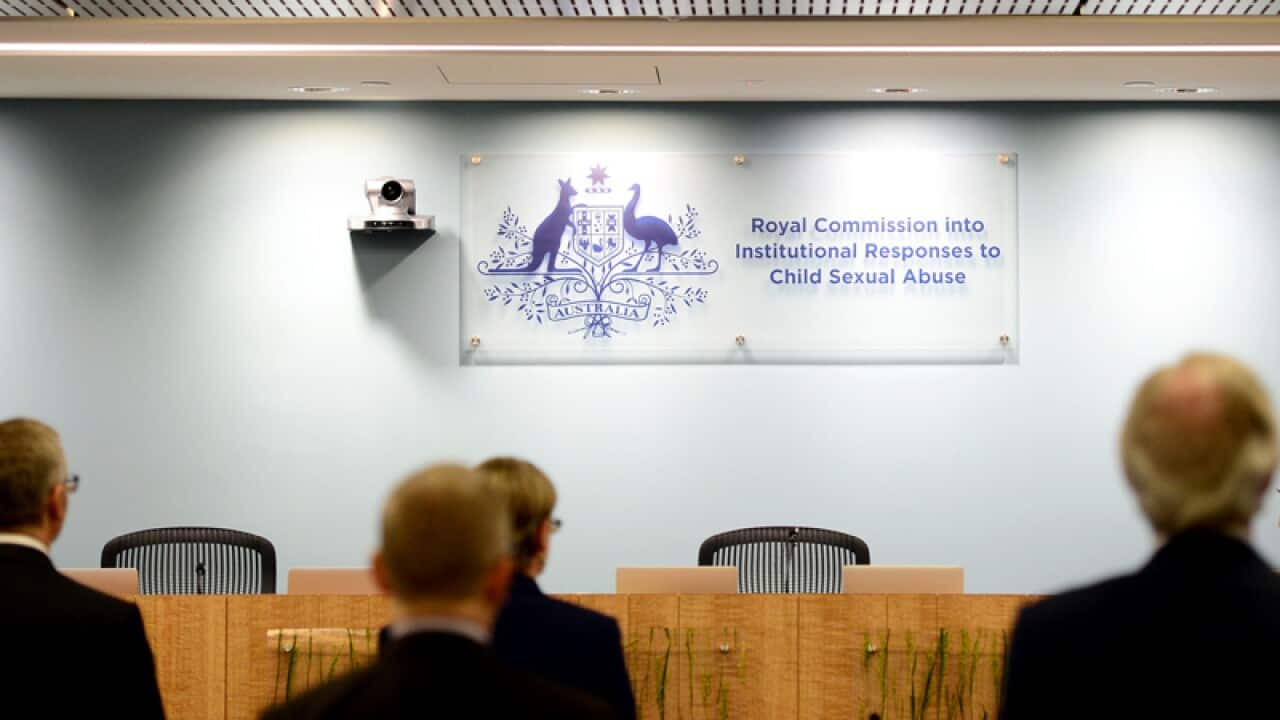When there is an issue considered to be of public concern, like the afformentioned suspicions of misconduct and sexual abuse, the federal or state government will appoint a group of independent, non-government members to take part in a temporary inquiry into the issue.
These inquiries are called royal commissions and they follow their own legislation dating back to the turn of the 20th century. The Commission is given specific legal powers that they can exercise when conducting their investigation such as summoning witnesses, seizing evidence and using search warrants.
According to the Australian government, the commission is the highest form of inquiry for issues that are of public importance.
Though regal in name, the royal commission no longer has anything to do with the monarchy. Its name is only symbolic.
Its purpose is to provide the government with the necessary information to deal with a specific issue. This can include recommendations on how to improve legislation, policies and practices concerning the issue being investigated.
The first Australian royal commission dealt with the deaths of 17 people and the poor living conditions on a boat on their way home from the Boer War in South Africa.
A commission may be influential but it does not have the power to prosecute individuals but complainants can have their case referred to police.
These commissions are quite costly. Some have cost tens of millions of dollars and the current inquiry into child sexual abuse is set to be the most expensive yet.
The big bill is mostly due to the number of people involved. It can cover the salaries of commissioners, counsellors for witnesses and legal teams.
Notable royal commissions
February 2014 – present: Royal Commission into Trade Union Governance and Corruption
Tony Abbott on Monday announced the launch of the 132nd royal commission - an inquiry into corruption, organised crime and other allegations against some trade union officials.
The inquiry will look at a number of specific unions but will also be open to any credible allegation regarding other organisations.
Some union leaders are criticizing the inquiry’s big price tag, saying the money spent could be used for more productive ventures.
2013-present: Royal Commission into institutional Responses to Child Sexual Abuse
The commission, launched in 2013, is still underway. It is looking at the way institutions that care for children have dealt with and responded to allegations of child sexual abuse.
The investigation looks at all institutions that have been involved with children at any point.
The fifth case study of the commission has revealed heartbreaking testimony by people who have been sexually and physically abused as children by Salvation Army officers at boys’ homes in NSW and Queensland.
An interim report is due in June.
1994: Royal Commission into the New South Wales Police Service
The commission was set to look at the extent of corruption in the NSW police force.
Upon recommendations by the commission, a permanent watchdog called the Police Integrity Commission was put in place to investigate police misconduct.
1987-1991: Royal Commission into Aboriginal Deaths in Custody
A commission was held to investigate the deaths of aboriginal people in regional jails as a response to the public becoming aware of the frequency of these deaths and the lack of sufficient explanation for them.
The inquiry lead to further investigation of underlying issues surrounding the deaths regarding aboriginal health and socio-economic conditions.
1980-1984: Royal Commission on the Activities of the Federated Ship Painters and Dockers Union
Allegations of corruption and crime associated with the Painters and Dockers union prompted the government to launch a royal commission into the union’s rumoured criminal activity.
A comprehensive list of royal commissions can be found here.

